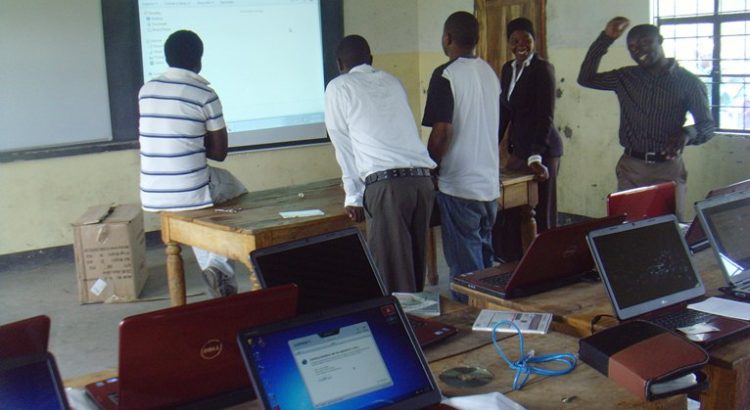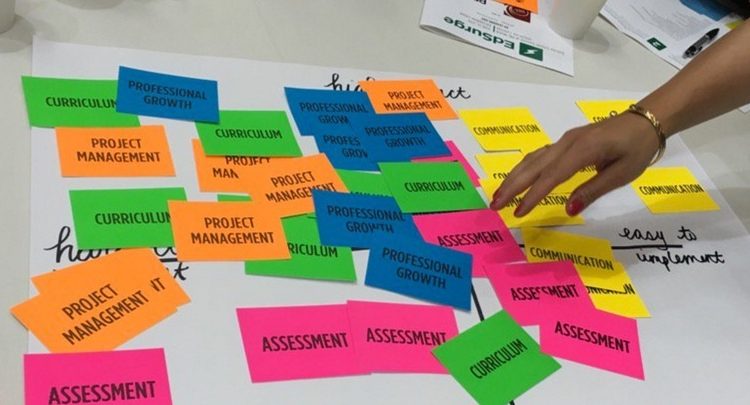África/Tanzania/17 Julio 2016/Fuente:Dailynews /Autor: Hazla Omar
Resumen: Un total de 200 profesores de primaria y secundaria en la región de Arusha recibiran cursos adaptados a la medida Tecnología de Información y Comunicación (TIC) para dotarlos de conocimientos informáticos para las habilidades de tutoría.
Arusha — A total of 200 primary and secondary school teachers in Arusha Region have been given special and tailor-made Information and Communication Technology (ICT) to equip them with computer knowledge for added tutoring skills.
The training sessions conducted at the Arusha Technical College (ATC) were organized by a Korean firm known as ‘E3Empower.’ The initiative aims at reaching out to 100 primary and 100 secondary school teachers in education institutions operating in Arusha Urban and Arusha Rural districts for two weeks.
The Chief Executive Officer for E3Empower, Ms Ji-Young Rhee, said: «This training is vital because many schools in Tanzania have been receiving computers from friends and development partners abroad.
«But once the sets of equipment get delivered here, they just end up locked in stores because teachers, pupils and students lacked the knowledge to operate them,» she said.
Ms Ji-Young Rhee added that, once school managements realize the importance of computer skills among their teachers, then they will not wait for donations but are likely to procure them for their respective institutions.
According to the CEO, the E3Empower has also set up long-term training bases at Edmund Rice and Elishama Secondary Schools here, where they are conducting a two-year programme, training students in the institutions on many computer skills including basic knowledge, maintenance and digital programming.
She said all developed countries such as the United States and Korea, have included computer skills and knowledge in their curriculum right from early grades and thus their children and youths grow up with the skills inculcated in their brains.
In this case, handling the machines becomes an automatic thing, regardless of the situation they happen to be in. On her part, Mwalimu Zena Athuman, a female teacher from Magereza Primary School in Kisongo area, said computer skills will help them store their school information and pupils’ records digitally on the computers.
They can also use them for planning work and lessons as well as using them to surf the web and source for new teaching materials. Another teacher, Mr Michael Sarungi, an
IT specialist from Arusha Modern School in Arusha, who was hired to help direct others during the training, said he was surprised by how little the local teachers knew about computers.
«Many schools in Tanzania have computer classes but these are applied in theory due to lack of equipment and gets even more challenging when the teachers themselves have no idea how the machines operate,» he said.
Fuente de la noticia: http://dailynews.co.tz/index.php/home-news/51563-teachers-get-computer-knowledge
Fuente de la imagen: http://4.bp.blogspot.com/–zvf606iIOw/T_K8yAxzZ6I/AAAAAAAAAJ4/71tscadTgKA/s1600/SNV31930.JPG








 Users Today : 17
Users Today : 17 Total Users : 35460904
Total Users : 35460904 Views Today : 36
Views Today : 36 Total views : 3420226
Total views : 3420226